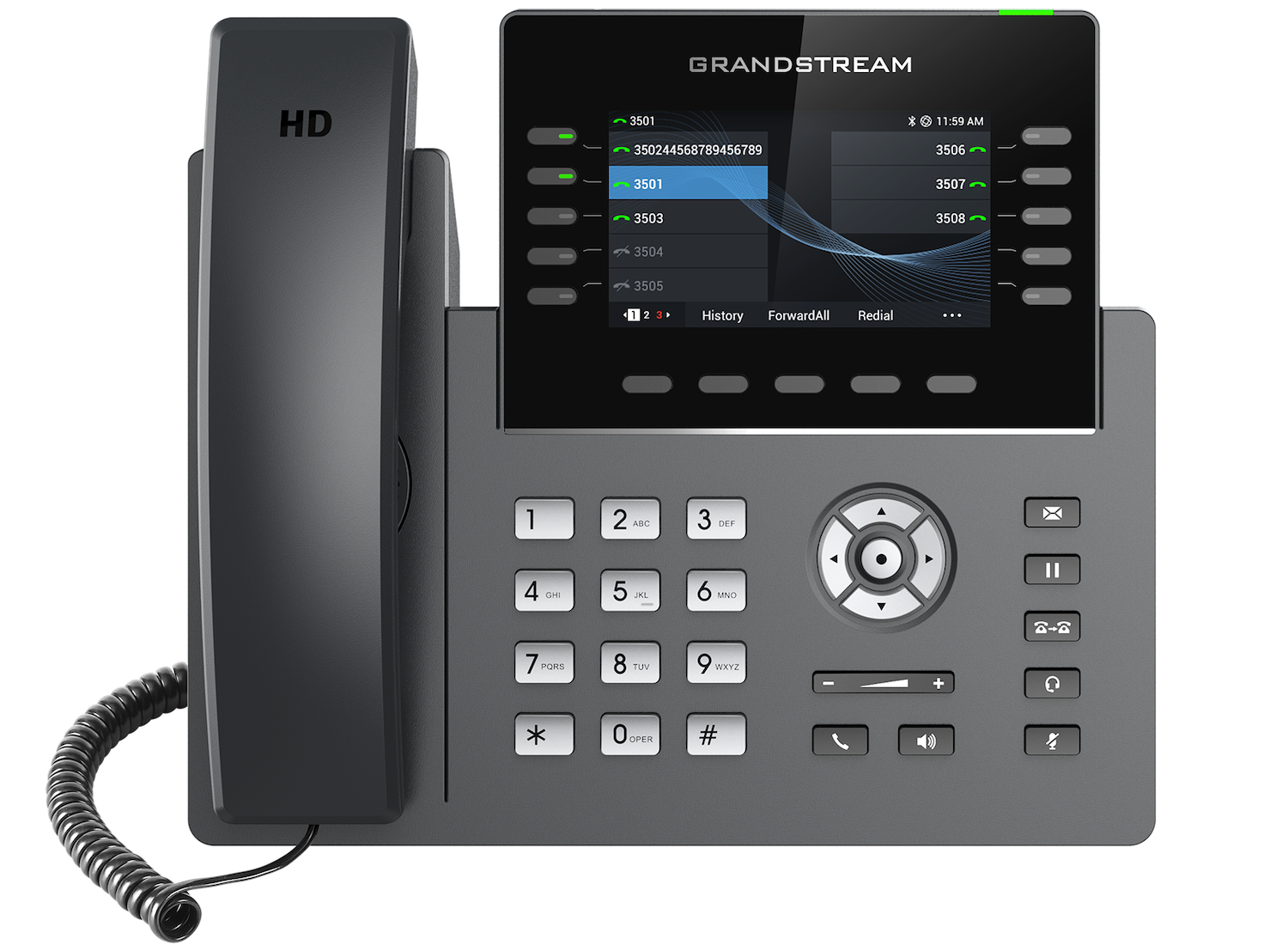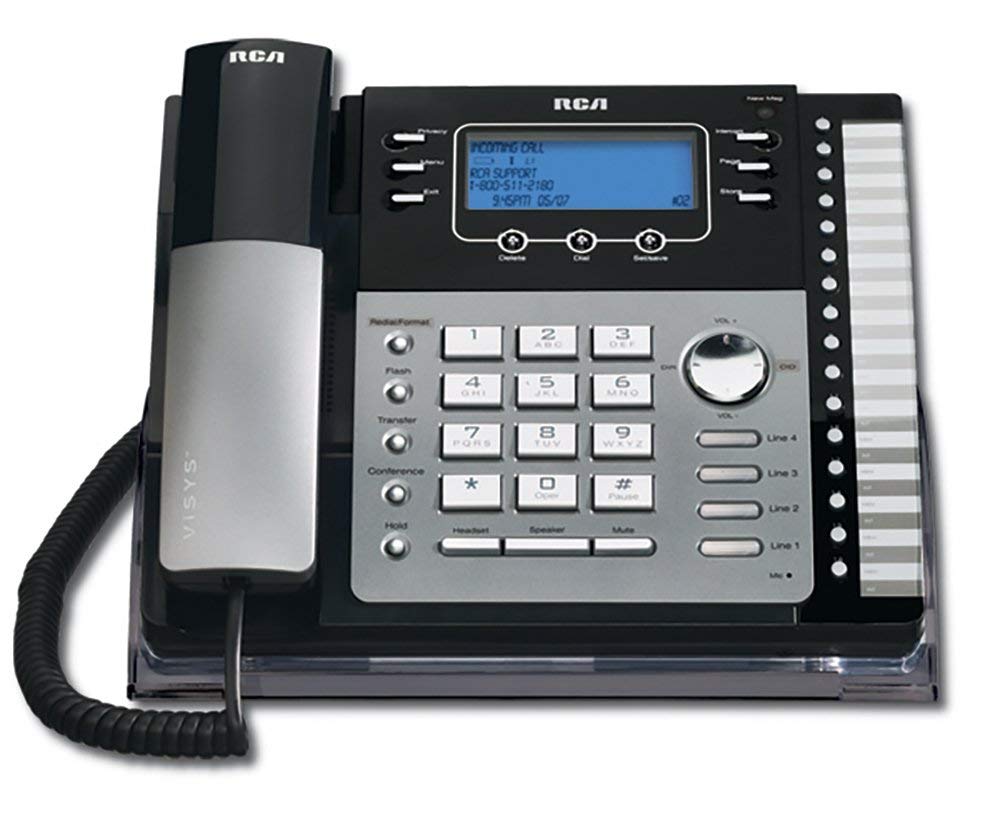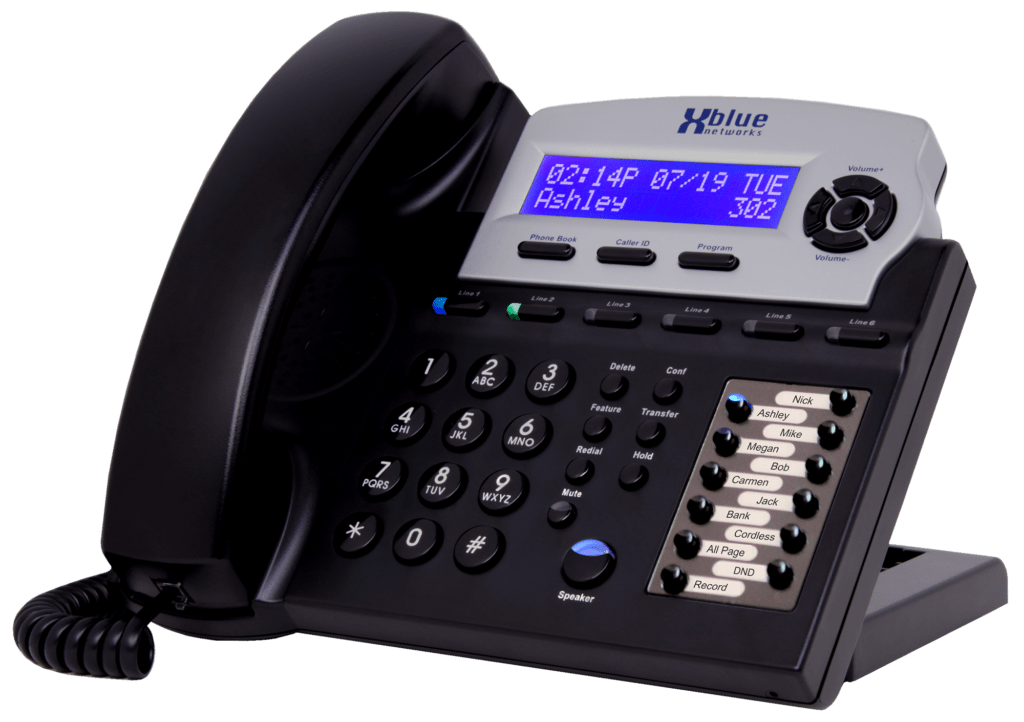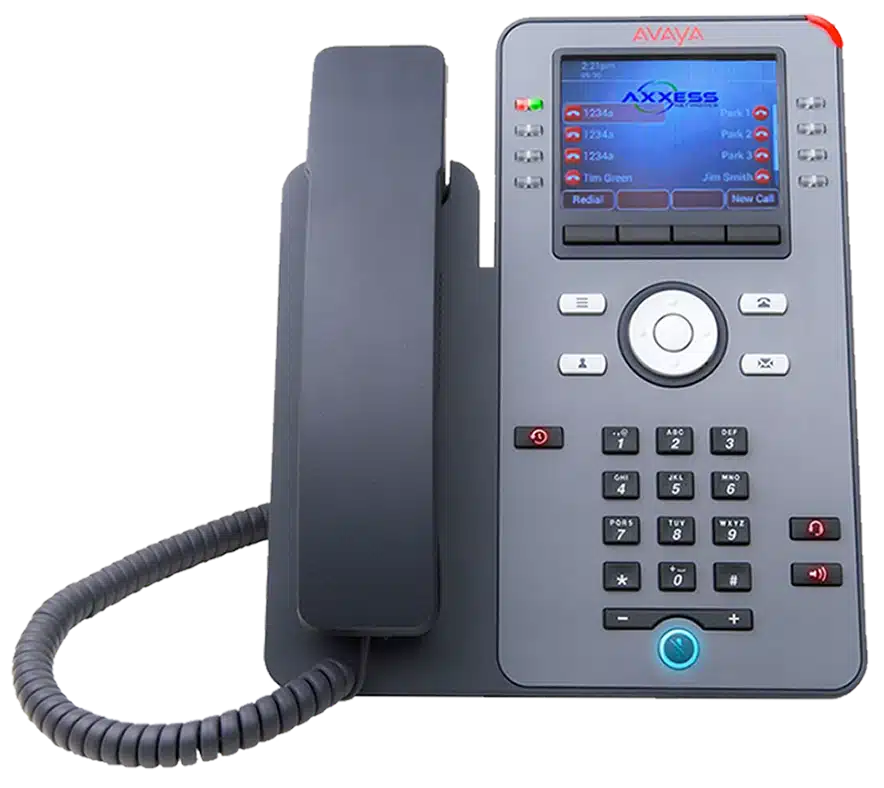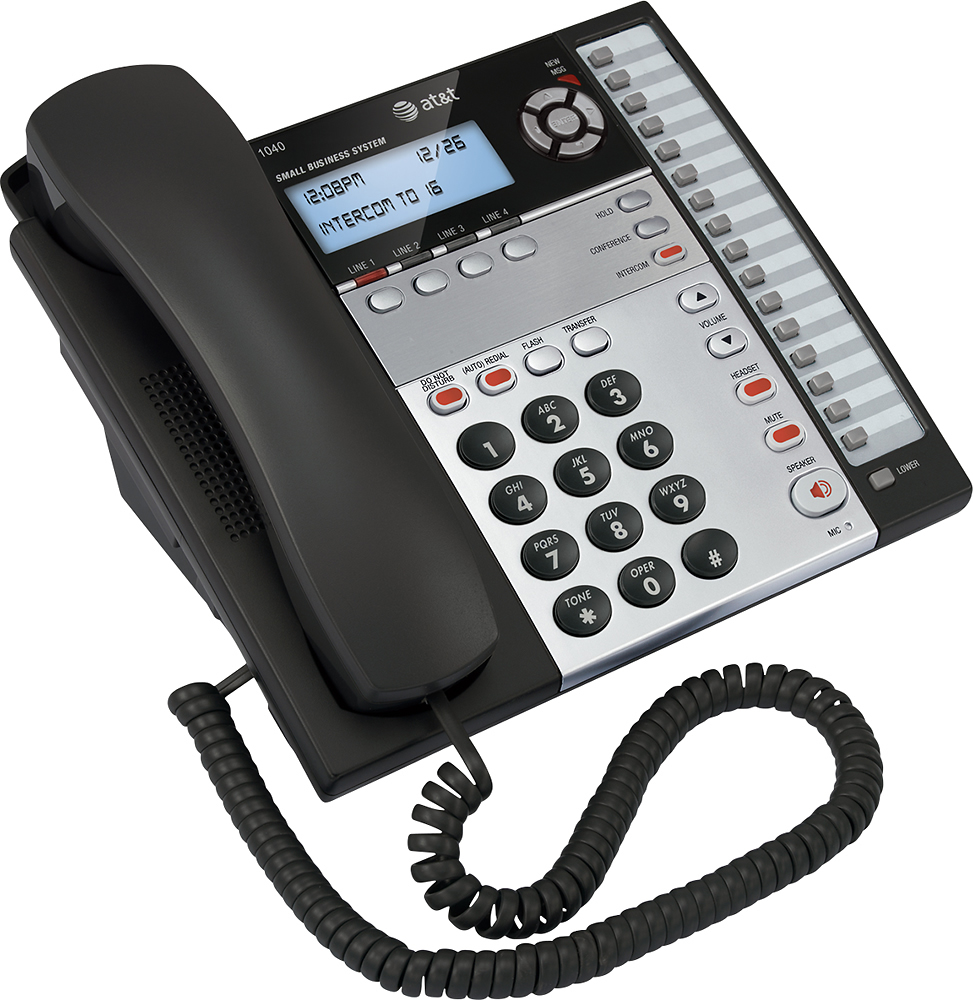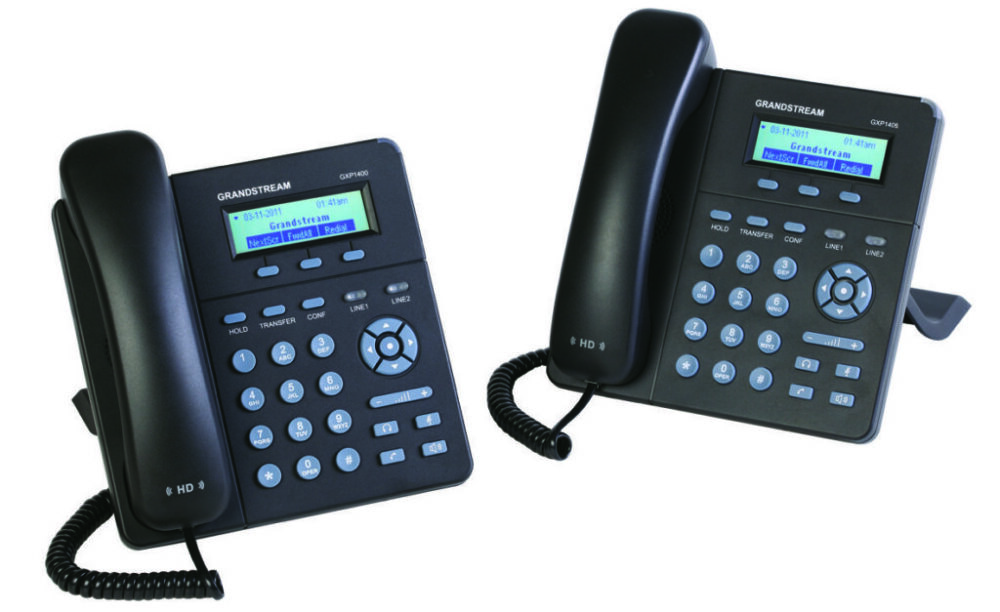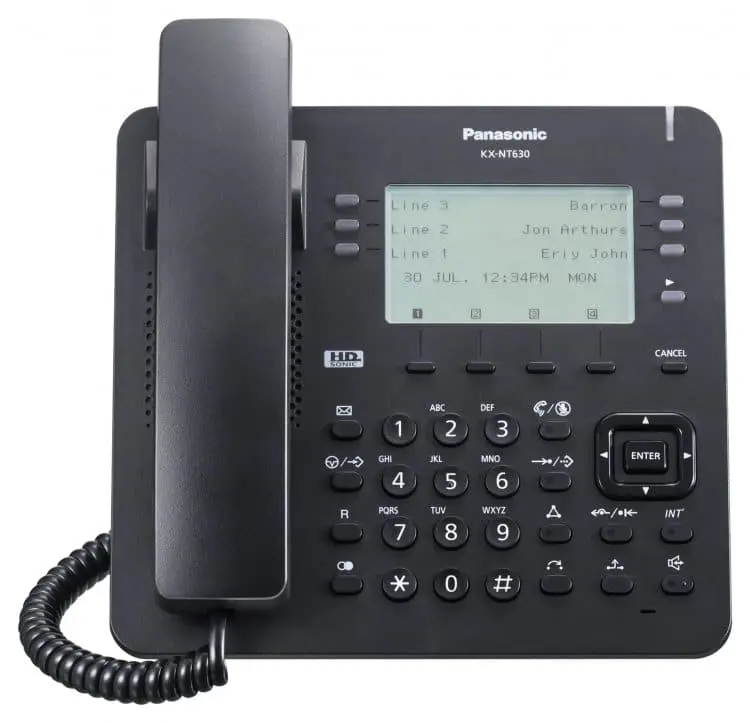Best Office Phones For Small Business
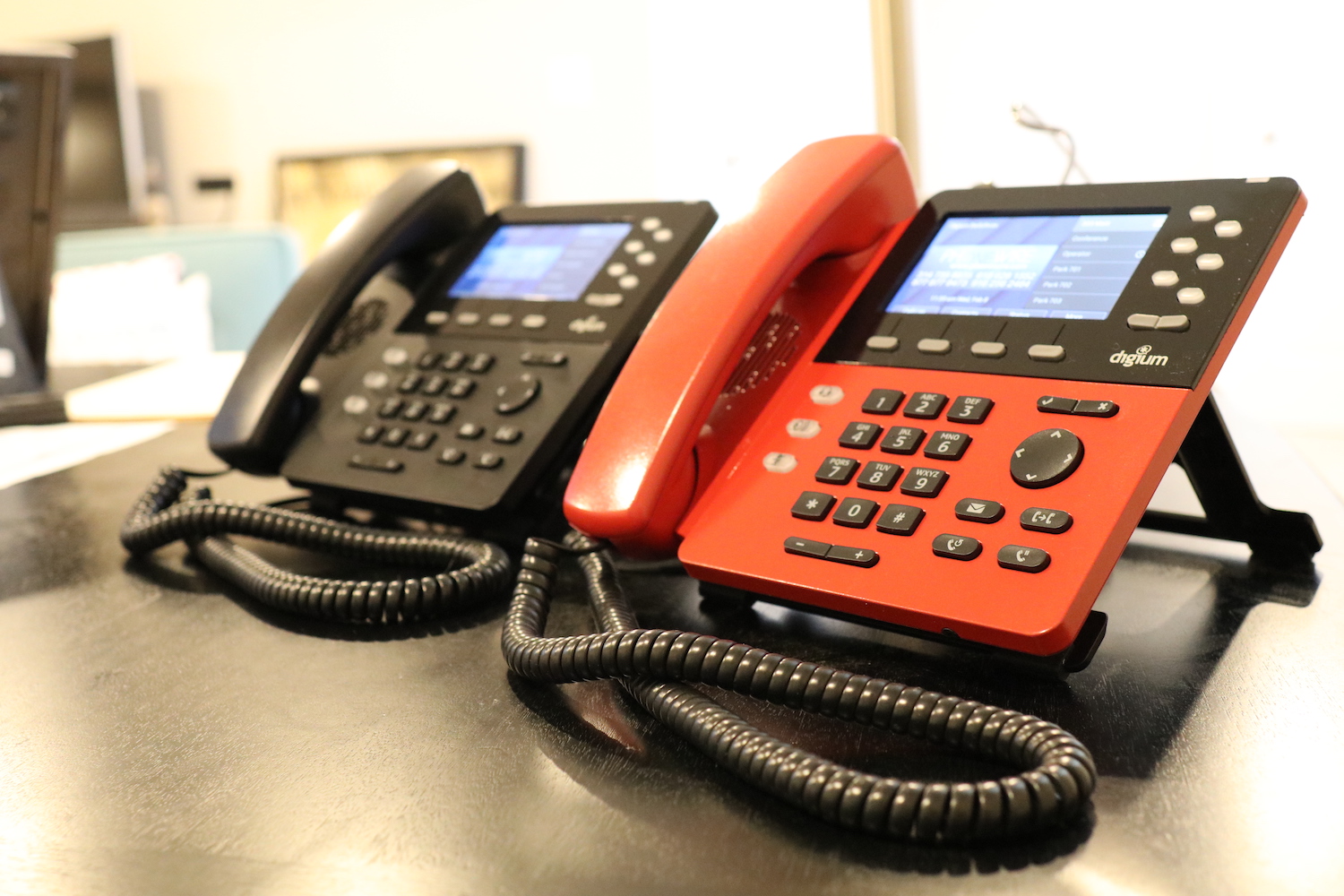
Stop throwing money down the drain on fancy office phones you don't need! For small businesses, every penny counts, and that includes your communication setup. We're diving deep into the world of office phones, finding the best bang for your buck without sacrificing essential functionality.
This guide is for the ultimate cost-cutter: the small business owner who scrutinizes every invoice. We're talking about those who understand that a phone is a tool, not a status symbol. Let's find you a system that works hard without emptying your wallet.
Why Bother with Dedicated Office Phones?
Sure, everyone has a cell phone these days. But relying solely on personal devices for business calls can be a recipe for disaster. Dedicated office phones offer better call management, professional features (like auto-attendant and call recording), and a more consistent brand image. Plus, they keep your personal and professional lives separate.
Our Top Picks for Budget-Conscious Businesses
Here are a few phone systems for consideration:
- The Minimalist's Dream: Grandstream GXP1625 - A no-frills, reliable IP phone. Perfect for basic calling needs.
- The Feature-Packed Bargain: Yealink SIP-T23G - Offers great functionality at a competitive price. A good balance of features and affordability.
- The Cloud Champion: RingCentral MVP (Essentials Plan) - A cloud-based solution for ultimate flexibility (but be mindful of ongoing subscription costs).
Detailed Reviews: No Fluff, Just Facts
Grandstream GXP1625: Back to Basics
This phone is all about simplicity and reliability. The Grandstream GXP1625 features two line keys and basic call handling features. It's an ideal choice if you don't need advanced functionalities.
Pros: Extremely affordable, easy to set up, durable construction. Cons: Limited features, small display, no Bluetooth support.
Yealink SIP-T23G: Feature Rich on a Budget
The Yealink SIP-T23G strikes a good balance between price and features. It includes three line keys, a clear display, and supports Power over Ethernet (PoE).
Pros: Good call quality, user-friendly interface, supports essential features like call transfer and hold. Cons: Slightly more expensive than the Grandstream, may require some IT knowledge for initial setup.
RingCentral MVP (Essentials Plan): Cloud-Based Calling
RingCentral MVP moves your phone system to the cloud. The Essentials plan includes basic features like unlimited calling within the US and Canada, and team messaging.
Pros: Highly scalable, integrates with other business tools, offers mobile app for remote work. Cons: Ongoing monthly subscription costs, reliance on internet connectivity, limited features in the Essentials plan.
Side-by-Side Specs and Performance
See how our top picks stack up against each other:
| Feature | Grandstream GXP1625 | Yealink SIP-T23G | RingCentral MVP (Essentials) |
|---|---|---|---|
| Price (approx.) | $50 | $70 | $19.99/user/month |
| Lines | 2 | 3 | Unlimited |
| PoE Support | Yes | Yes | N/A (Cloud-Based) |
| Display | LCD | LCD | N/A (Softphone/App) |
| Call Quality (1-5, 5 is best) | 3 | 4 | 4 |
| Ease of Use (1-5, 5 is easiest) | 5 | 4 | 4 |
| Features (1-5, 5 is most feature-rich) | 2 | 3 | 3 |
Customer Satisfaction: What Users Are Saying
We've scoured online reviews to get a sense of real-world user experiences. Here's a snapshot of customer satisfaction data:
- Grandstream GXP1625: Users praise its affordability and reliability, but some complain about the lack of advanced features.
- Yealink SIP-T23G: Customers appreciate the balance of features and price. Some report occasional configuration difficulties.
- RingCentral MVP: Users love the flexibility and integration capabilities, but cite cost and dependence on internet connection as potential drawbacks.
Maintenance Costs: The Long-Term View
Don't just look at the upfront price. Consider the long-term maintenance costs.
- Grandstream & Yealink: Minimal maintenance costs. Primarily software updates and occasional hardware replacements.
- RingCentral: Primarily your monthly subscription fee. Factor in potential costs for increased bandwidth and troubleshooting support.
For the Grandstream and Yealink phones, typical maintenance involves occasional firmware updates, which are usually free. Hardware failures are rare, but replacements are relatively inexpensive. Cloud-based systems like RingCentral shift the burden of hardware maintenance to the provider, but you're paying for that convenience through your monthly fees.
Key Takeaways: Make the Smart Choice
Choosing the right office phone system is a balancing act. It is about finding the perfect blend of affordability, features, and reliability.
The Grandstream GXP1625 is a champion for pure budget-friendliness. The Yealink SIP-T23G offers more features without breaking the bank. RingCentral MVP provides ultimate flexibility but comes with ongoing costs. Consider your specific needs, budget, and technical expertise before making a decision.
Ready to Upgrade? Start Saving Today!
Don't delay! Research our recommendations, compare prices from different vendors, and choose the phone system that best fits your small business. Start cutting costs and boosting productivity today!
Frequently Asked Questions (FAQ)
Still have questions? We've got answers!
Q: Do I need a dedicated phone line for each phone?
A: With VoIP phones (like the Grandstream and Yealink), you don't need traditional phone lines. They operate over your internet connection. RingCentral is entirely cloud-based, so it also uses your internet connection.
Q: What is VoIP?
A: VoIP (Voice over Internet Protocol) converts your voice into digital signals that are transmitted over the internet. This is how modern office phone systems work.
Q: Do I need special IT skills to set up these phones?
A: The Grandstream and Yealink phones require some basic networking knowledge for initial setup. RingCentral is generally easier to set up, as the configuration is managed through their online portal. However, some networking knowledge is still recommended.
Q: What if my internet goes down?
A: Traditional landlines will still work during a power outage (assuming the phone itself doesn't require power). VoIP phones and cloud-based systems like RingCentral will be unusable if your internet connection is down. Consider a backup internet connection or a battery backup for your router.
Q: Are there any hidden costs?
A: Always read the fine print. For VoIP phones, factor in the cost of headsets, Ethernet cables, and potentially professional installation. With cloud-based services, watch out for overage charges, add-on features, and long-term contracts.


